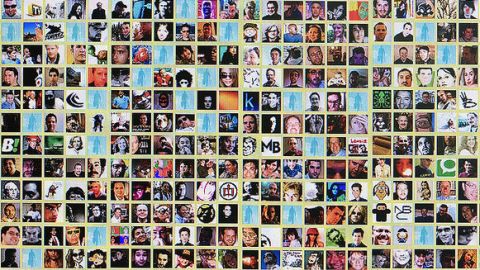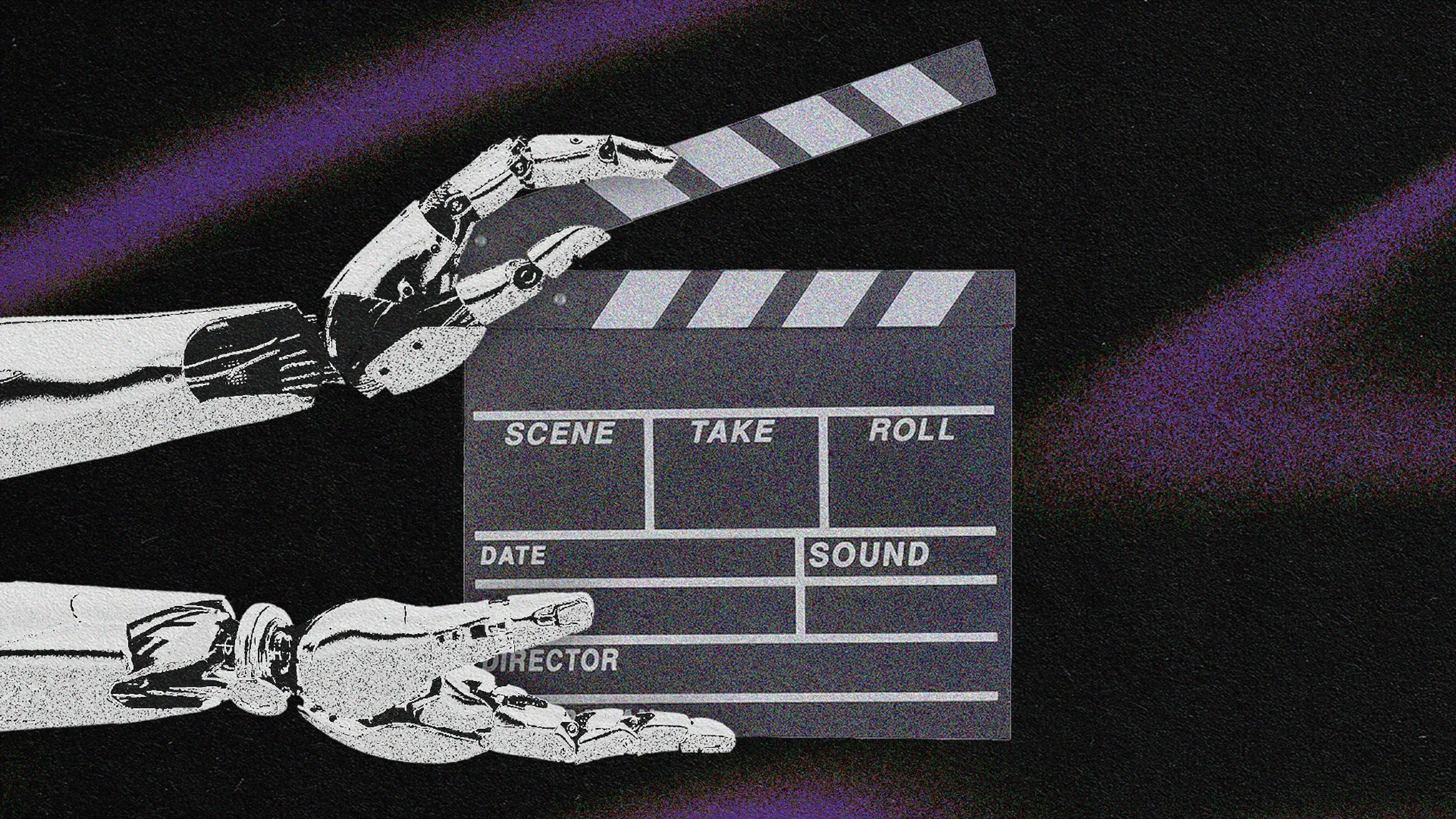The Customer Is Always Wrong

What’s the Big Idea?
“You have to commit on where an industry’s going. Holding off on what is going to be the trend is not a strategy. Ultimately it catches up with you.”
With programs in over 30 languages from Pashto to Portuguese, Virginia-based Rosetta Stone was already one of the most recognizable names in educational software when Tom Adams took the helm in 2003.
But despite the ubiquitous yellow kiosks, the company struggled to engage customers beyond their initial purchase, and the social element of the learning experience was sometimes lost in translation. “We really had one-way communication,” says Adams, who refers to the earliest incarnations of the product as the “ship-it-and-forget-it and model.”
In the eight years since, Adams – a Swedish expat who picked up English on the playground when he moved to the UK at age 10 – has leveraged his global pedigree and intuition to guide Rosetta Stone into the 21st century. With the help of his team, he’s overseen the company’s transformation from a boxed CD package to an interactive online services community designed to promote customer-to-customer interaction.
His first move was the revitalize the business’ core mission, fluency through instant immersion, with in-house research and development. “When you’re having an aha moment and you just know where you need to take your company you have to go there,” says Adams. Then came the launch ofRosetta World, a web platform allowing anyone who buys the software (the latest version is called TOTALe) to connect and socialize, so that an English-speaker learning Spanish can practice with a Spanish-speaker learning English thousands of miles away.
What’s the Significance?
The best leaders embrace the future now and ask questions later. “There have been cases of us being ahead of the customer: of us not building what has been asked for, but what’s needed. If I asked people what they needed to learn Spanish, they’d give me a stupid list that included dictionaries.” Instead, Adams anticipated where the industry was going, positioning Rosetta Stone ahead of the curve, then tweaked their offerings based on user feedback.
“When we think outside of the box sometimes we’re a little off of where the user is: so we guide the user through the experience. You are either a customer-centric company doing what the customer is asking for or you’re an innovation company.”





